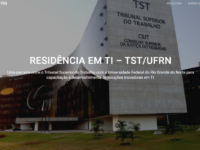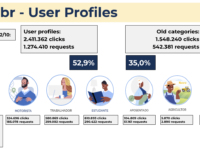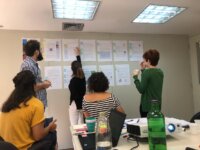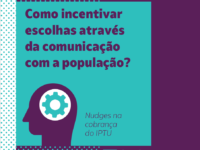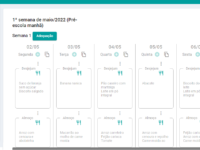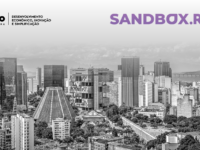Wildfires is one of the main causes of blackouts in Brazil. To monitor the thousands of Brazilian Transmission Lines (TLs), ANEEL created the GGT System, which consists of a tool that uses Artificial Intelligence and satellite images processing to preventively inspect the maintenance of TLs against wildfires. With the GGT System, there was a 89% reduction in shutdowns caused by wildfires, representing a great improvement in the reliability of the electricity offered to the Brazilian population.
Case Study Library
Where innovations are collected and shared to disseminate and replicate good ideas

Innovations:
0
This website, as well as any data and map included herein, are without prejudice to the status of or sovereignty over any territory, to the delimitation of international frontiers and boundaries and to the name of any territory, city or area.
Fish production within water supply reservoirs is an important socioeconomic activity, but it causes pollution due to the significant release of nutrients into the water. This project developed a new tool that has assisted government in making decisions regarding the permitted input loads of nutrients from fish farms. Before the project, there was no methodology to predict the permitted pollutant loads for a sustainable management of reservoirs located in tropical semiarid regions. The hope is…
The open innovation model was developed in partnership with Federal University of Rio Grande do Norte (Universidade Federal do Rio Grande do Norte) and Superior Court of Labour (Tribunal Superior do Trabalho) to implement a Residency programme in Information Technology. The objectives are: qualification of human resources in the IT area, realisation of applied research and development of innovative IT solutions for the Superior Court of Labour (TST). It proposes a model of innovation in the…
Brazil’s gov.br website offers almost 5.000 public services and has more than 200 million monthly page views on average. With so many service options, it’s paramount to make them easily available. Under that mindset, the Ministry of Economy developed two important improvements to its usability: the first is the use of AI to recommend services based on the citizen's browsing history. The second was creating User profiles as a way of finding services based on the citizens’ journeys.
The language in the Brazilian public sector carries a history of being complex, full of acronyms, technical terms, etc. This, at times, means that the population is unable to understand the language used by the government. The Simple Language Programme is the first Brazilian public policy aimed at simplifying the language of government, enabling public servers to communicate more simply and supporting the simplification of documents.
In this project, São Paulo City Hall tested and evaluated the reformulation of collection instruments taking into account behavioral aspects. Currently the relationship between the City Hall and taxpayers is based on repressive inspections, difficult to understand communications and complex flows of payments. With the reformulation of how the IPTU is collected, this increased the municipal tax collection by R $ 60 million/ year. Further experiments have allowed for the estimation that an…
The Women in Rural Brazil website offers gender-strategic information to subsidize innovation projects and development initiatives whose goal is to improve the quality of life of women living in rural areas of Brazil. Approximately one million women manage agricultural enterprises and 4,5 million work in the agricultural and livestock sector. Although these women constitute a large demographic group, there is still very little research, development and innovation projects which target their…
The Disciplinary Maturity Model (CRG-MM) is a pioneer model in Brazil and is an operational and strategic tool aimed to evaluating and improving the management of disciplinary activity, through the definition of quality standards based on management and public governance procedures. This innovation seeks to provide greater stability and security to executors and managers of disciplinary activity, considering its role as a public integrity instance in the fight against corruption.
Smart School Nutrition (Alimentação Escolar Inteligente - AEI) is a web application and platform that supports school to avoid food waste and contributes to a balanced school nutrition through its intelligent menu creation and food stock management assistant. According to Brazil without Hunger (Brasil sem Fome), there are 33 million families suffering from hunger and 125 million living with food insecurity. This is happening in a context where one third of the world's food is being wasted…
Sandbox.Rio is the first controlled experimental environment in a Brazilian capital to test innovative solutions that do not fit into the pre-existing regulatory scenario. Based on the tests, information is collected that helps the City of Rio understand the innovations and the accompanying receptive regulatory framework that would be needed to adhere to new technologies. In addition, the generated database helps the design of public policies in Rio, which is established as a model smart city in…



